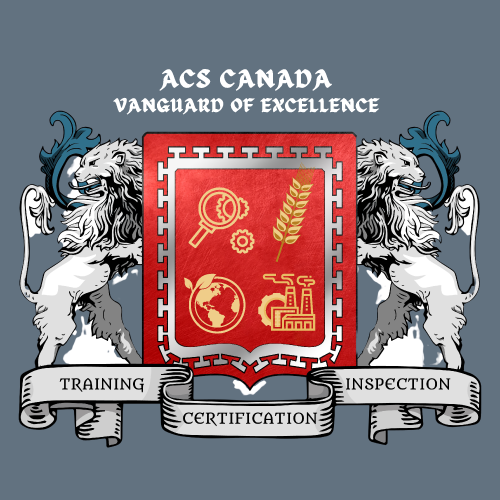ISO 37001 Certification

ANTI-BRIBERY MANAGEMENT
ANTI-BRIBERY MANAGEMENT SYSTEM
Bribery is a widespread phenomenon. It creates major social, moral, economic, and political problems, weakens effective governance, stifles progress, and distorts competitiveness. It erodes justice, jeopardizes human rights, and obstructs poverty alleviation. It also raises the cost of doing business, introduces uncertainty into commercial transactions, raises the cost of goods and services, reduces the quality of products and services, which can lead to loss of life and property, destroys trust in institutions, and interferes with the fair and efficient operation of markets.
Governments have made progress in combating bribery through international agreements such as the Organization for Economic Cooperation and Development Convention on Combating Bribery of Foreign Public Officials in International Business Transactions and the United Nations Convention Against Corruption, as well as through national legislation. Bribes is a crime in most jurisdictions, and there is an increasing tendency to hold corporations, as well as people, accountable for bribery.
Organizations have a commitment to actively contribute to the struggle against bribery. This may be accomplished through an anti-bribery management system, which this standard is designed to offer, as well as by leadership commitment to fostering a culture of integrity, transparency, openness, and compliance. The character of an organization's culture is essential to the success or failure of an anti-bribery management system.
A well-managed business is expected to have a compliance policy that is backed by proper management systems to help it in meeting its legal duties and committing to integrity. An anti-bribery policy is part of a broader compliance strategy. The anti-bribery policy and accompanying management system assist an organization in avoiding or mitigating the costs, risks, and harm associated with bribery, therefore promoting trust and confidence in commercial interactions and enhancing its reputation.
ISO 37001 follows worldwide best practices and may be utilized in all countries. It is relevant to small, medium, and big companies in all sectors, including public, private, and not-for-profit companies. Bribery risks that a relevant differ depending on criteria such as its size, the regions and industries in which it operates, and the type, magnitude, and complexity of its activities. This standard requires companies to establish policies, procedures, and controls that are reasonable and appropriate to the bribery risks they confront.
Training at ACS Canada
ACS employs accelerated learning methods to ensure a comprehensive grasp of all certificates. Our approach involves contextualizing your learning through a wide array of options, including classroom instruction, workshops, as well as interactive and online sessions.
ISO 37001 Certification Training - 1

Business Statistics and Data Analysis
Every year humans are producing more and more data. The central challenge businesses and individuals face making sense of all this data we are now confronted with. This class will help introduces you to essential tools for making sense of data. Course Content: Introduction to Statistics, Descriptive Statistics (Part 1 – Tables and Graphs), Descriptive […]
More About This CourseISO 37001 Certification Training - 2

Quantitative Methods for Business Management
This course teaches best practice quantitative methods used in conventional and sustainable business settings
More About This CourseISO 37001 Certification Training - 3
STRATEGIC THINKING

STRATEGIC THINKING
Now a day , Strategic thinking is a very important practical concept, in this course we will get to know the concepts and stages of strategic thinking. Strategic Thinking is a mental synthesis process creating an integrated view of the business in mind, through creativity and intuition “Mintzberg”. Course Content: Strategic thinking definitions: Mintzberg, Porter, […]
More About This CourseISO 37001 Certification Training - 4
REQUIREMENTS AND DOCUMENTATION

ISO 31000 Requirements
This course aims to provide delegates with the knowledge and skills required to understand risk management requirements.
More About This CourseISO 37001 Certification Training - 5
REQUIREMENTS AND DOCUMENTATION

ISO 37001 Requirements
The aim of this course is to provide delegates with the knowledge and skills required to understand requirements and documentation of ISO 37001 anti-bribery management system.
More About This Course
